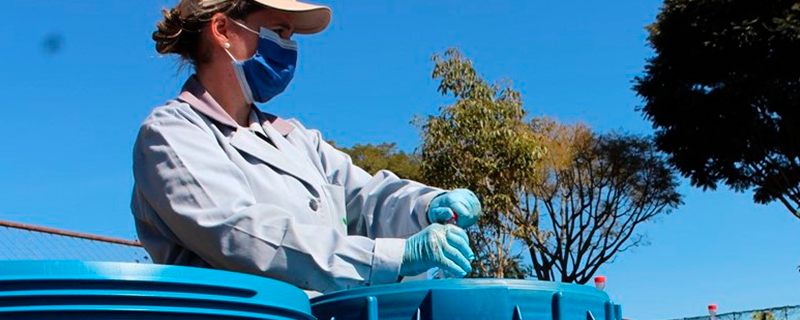Strength in and out of the fields: women make a difference in the specialty coffee market — from their carefulness in strip picking to the administration of farms.
Women are gaining more and more space in the coffee fields, bringing diversity and sensitivity to coffee production. In order to empower women in the coffee community worldwide, in 2003 the International Women’s Coffee Alliance (IWCA), a non-profit organization, was created as a result of a meeting between women in the coffee industry in the United States and female coffee producers in Nicaragua.
The IWCA encourages women to lead meaningful and sustainable lives, in addition to encouraging and recognizing their participation in all aspects of the coffee sector. Its methodology is based on the creation of chapters in producing and consuming countries. Currently, they have chapters in 22 countries around the world, including Brazil, where nine sub-chapters have already been formalized: South of Minas, Matas de Minas, Mantiqueira, Cerrado Mineiro, Chapada Diamantina, Norte Pioneiro do Paraná, Campo das Vertentes, Espírito Santo and Rondônia.
Among the participants, there are women of different profiles, such as family farmers, roasters, baristas, and researchers. They are women of various ages, coming from all producing states, which generates an enormous exchange of experience. These women can celebrate many achievements, such as the representation of their coffee at national and international events, training and qualifications, in addition to closing multiple deals.

Among these accomplishments, we can highlight a milestone achieved by the Coffee Growers’ Cooperative of Três Pontas (Cocatrel), in Minas Gerais-Brazil. In 2021, they launched two types of specialty coffee entirely produced by women. These were chosen out of a selection of the best coffee beans the cooperative received. They created two blends, both with scores above 86, and traceability from the fields until they get to the people’s cups, connecting producers directly to the final consumer.
The chosen coffees, Jade and Íris, were launched onto the market in honor of Women’s History Month. Jade is a floral coffee with notes of fruits, such as green apple and green grapes. Its malic acidity is pleasurable and striking, and its body brings sweetness in the right measure. It was created from the coffee produced by Ms. Conceição Aparecida Lourençoni Barugui and Ms. Maria Aparecida F. Botrel Oliveira. Íris is a fruity, sweet and liqueur coffee, with notes of wine, grape, blackberry and blueberry. Its fermentation made it a full-bodied coffee with exceptional acidity. This blend was created from the coffee produced by Ms. Jéssica Sério Miranda and Ms. Isabela Lima Reis.
Another notable initiative is the Projeto Florada: a contest created in 2018, in partnership with the BSCA (Brazilian Association of Specialty Coffee), to give greater visibility to female coffee growers and their outstanding work. It aims to engage women through specialized training and reward the best coffee beans from selected producers around Brazil.
In 2020, six producers were awarded. Best dry-processed coffee: Ms. Maria Isabel de Carvalho, from Fazenda Vera Cruz (South of Minas), with a score of 92.10; Ms. Heloísa Vilas Boas da Silva, from Sítio do Chicão (Mantiqueira de Minas), with a score of 90.65; Ms. Arlete Vilas Boas Silva Bueno, from Sítio São Francisco Cristina (Mantiqueira de Minas), with a score of 90.50.
Best wet-processed coffee: Ms. Sueli Schwanz de Souza, from Sítio Alto Pontões (Mountains of Espírito Santo), with a score of 90.85; Ms. Maria Simone Prock Borges, from Sítio Canarinho, (Mantiqueira de Minas), with a score of 90.40; Ms. Valeria Barroso de Assumpção, from Sítio Vargem Grande (Caparaó), with a score of 89.50.
All these initiatives, among others, seek to give visibility to female coffee growers in the coffee business chain, from coffee planting to its preparation. It is necessary to bring women together, empower and advance more and more, after all, a strong woman equals strong coffee.



